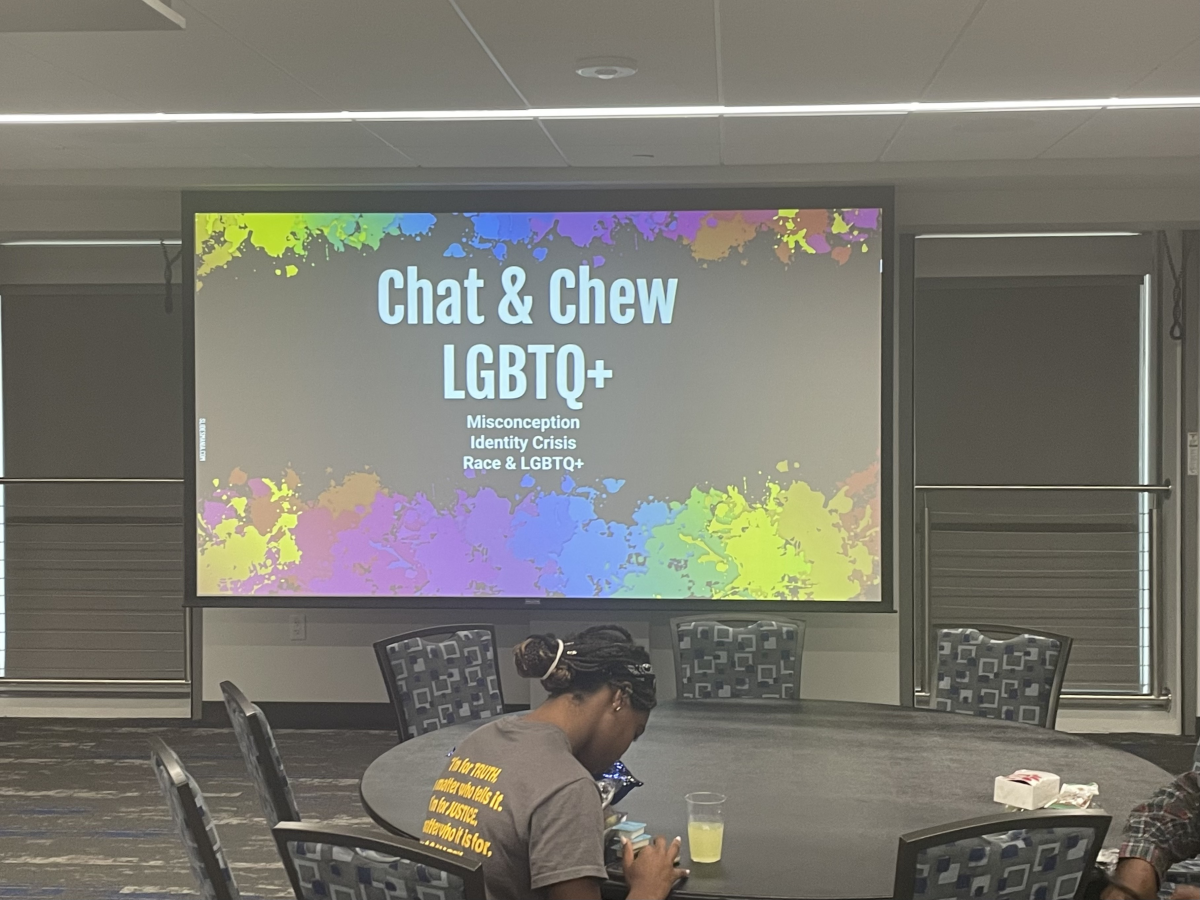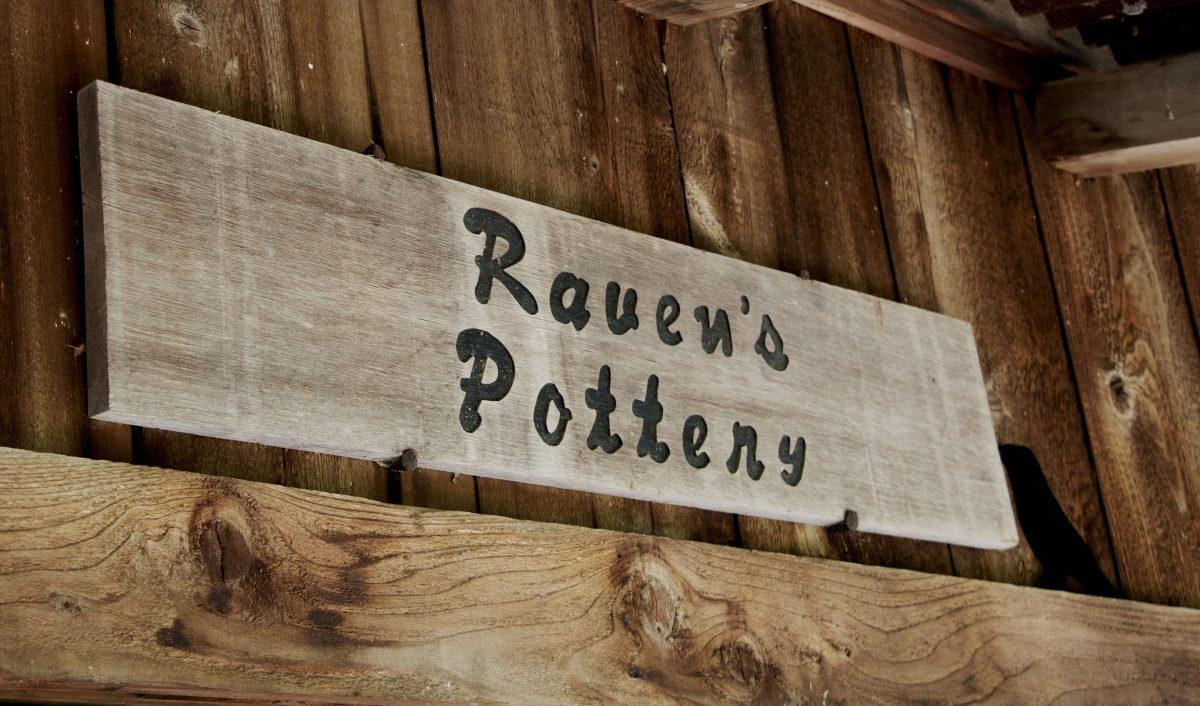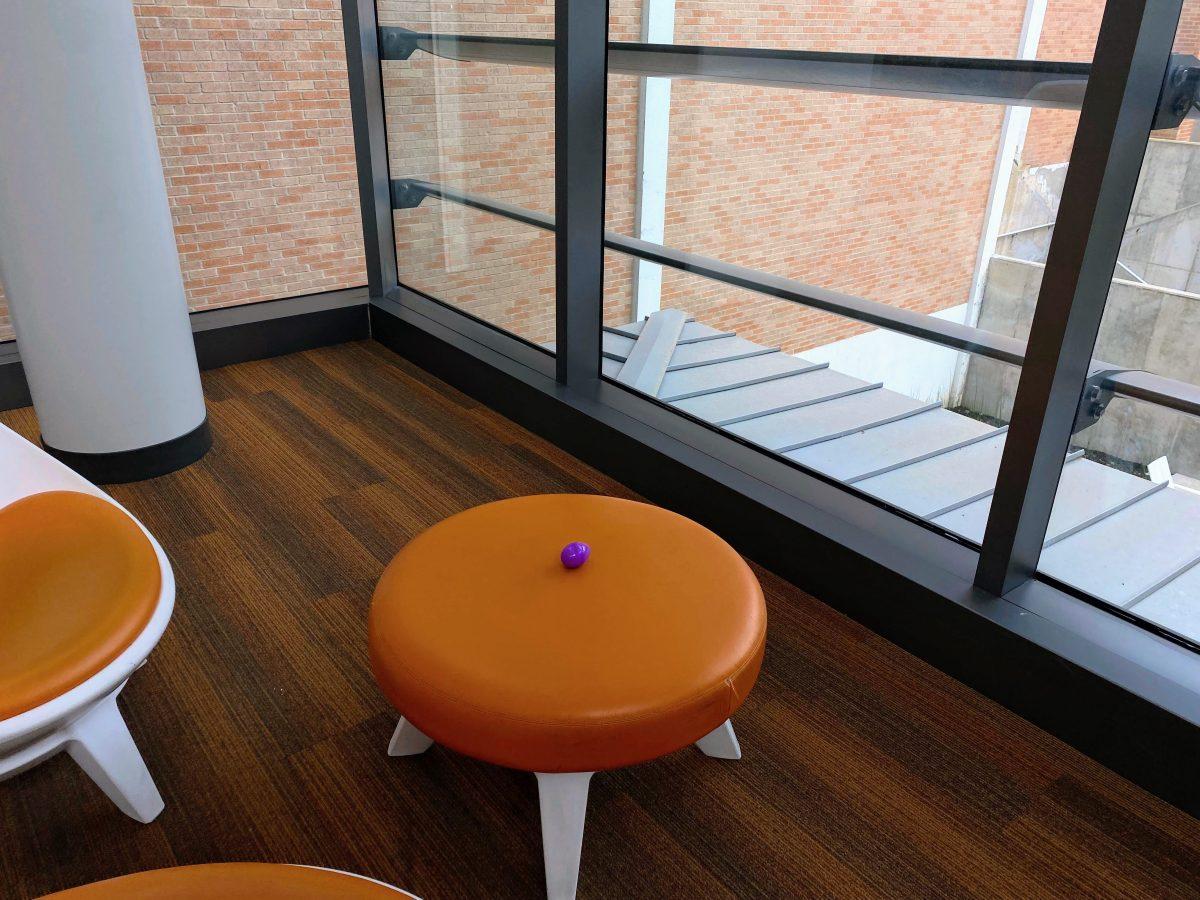
Though ignorance can be bliss, the lack of knowledge on queer culture has long alienated the LGBTQ+ community from the rest of society, often stemming from the flawed idea of there being a cure to homosexuality or that one’s gender identity can be converted. In response, the Center for Diversity and Intercultural Affairs (CDIA) presented Chat and Chew on Wednesday, Oct. 20, to discuss misconceptions and issues in the LGBTQ+ community.
CDIA representative Simone Chenier-Davis explained that by having these conversations publicly, people create a safe environment for informing others on what it means to be queer.
“We can put our point of views together and come up with a solution that helps everyone,” Chenier-Davis said.
Misconceptions are often expressed by family members to rationalize nontraditional sexuality.
Non-acceptance is especially prominent in minority cultures. One African American student anonymously shared his experience of coming out to his uncle, as heterosexual male.
“My Uncle deemed me as being less of a man,” the student stated.
He further explained that because there is a history of oppression in the black community, by identifying as gay, he is making things harder on himself.
Despite the progressive ideology of today, many minority communities hold stern to traditional values, whether it be due to religious, moral or ethical beliefs. As mentioned in the presentation, being LGBTQ+ is an identity, not a choice, lifestyle or phase someone goes through.
Another common misconception is that sex and gender are the same when they represent different forms of classification. Sex is the biological construction one is born with while gender represents an individual’s identity. Confusion between the two can be offensive and fatal.
“People think the LGBTQIA community is all just sunshine and rainbows, with the flag and everything, but they do face real problems,” Chenier-Davis said.
Gender dysphoria, psychological disconnect between the sex an individual is born with and the gender they identify with, has long plagued the LGBTQ+ community. Roughly 50% of teens who were born female but identify as male has attempted suicide at least once, according to the University of Arizona.
Chenier-Davis advises those who struggle with their sexuality to not be forceful but to take things step by step and do some research.
“There is always time to go back and change,” Chenier-Davis stated. “You have only one life so live it to the fullest.”












